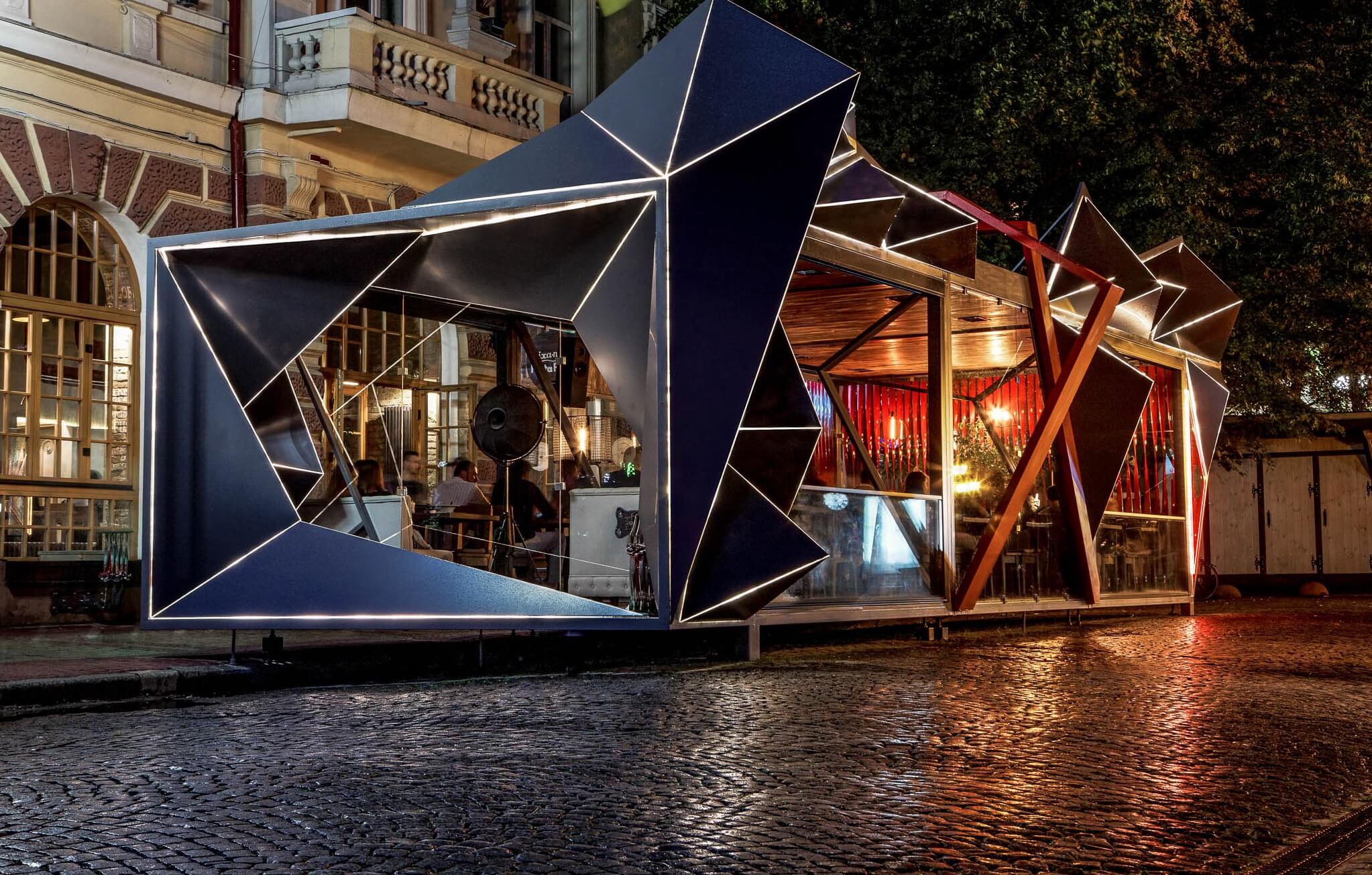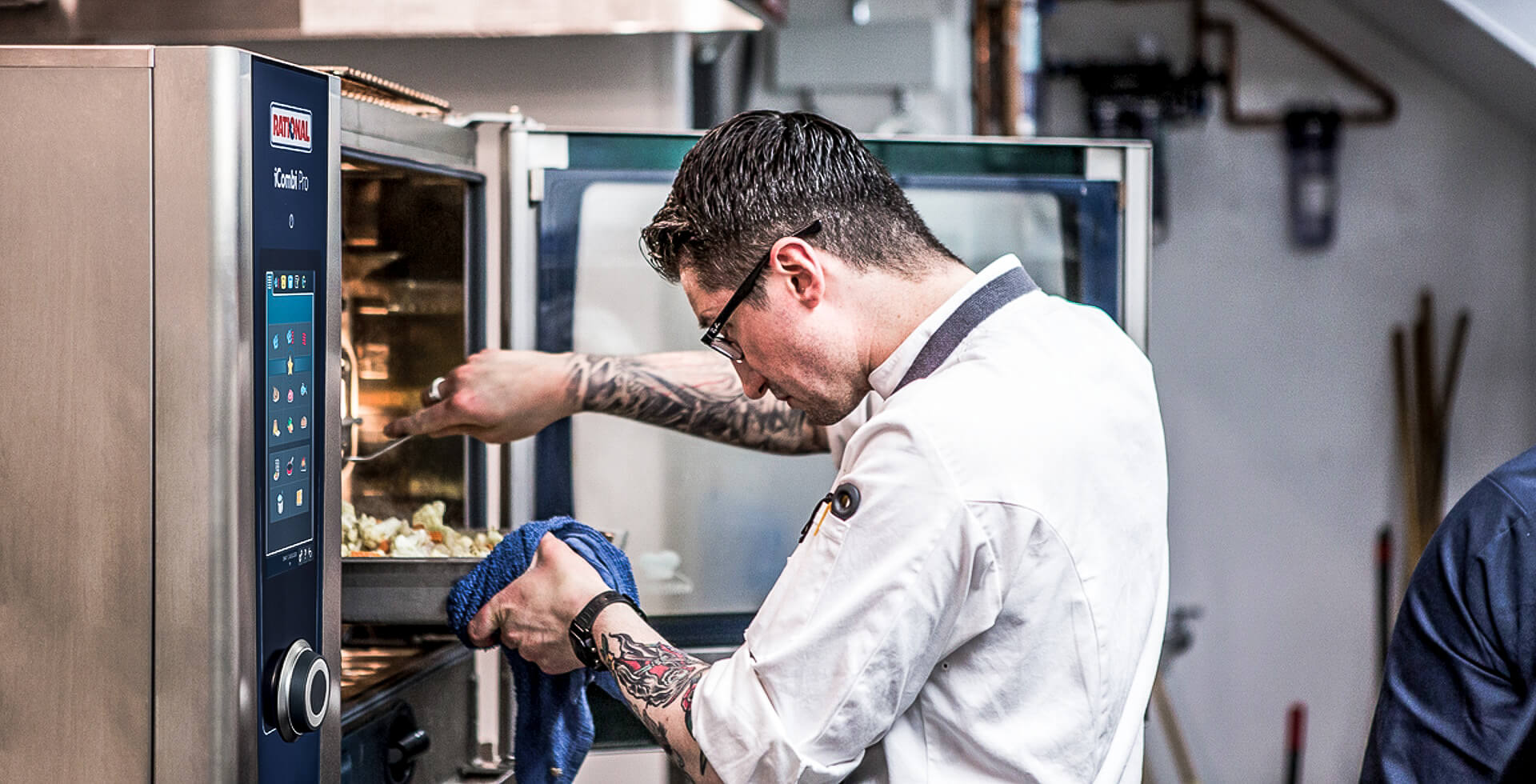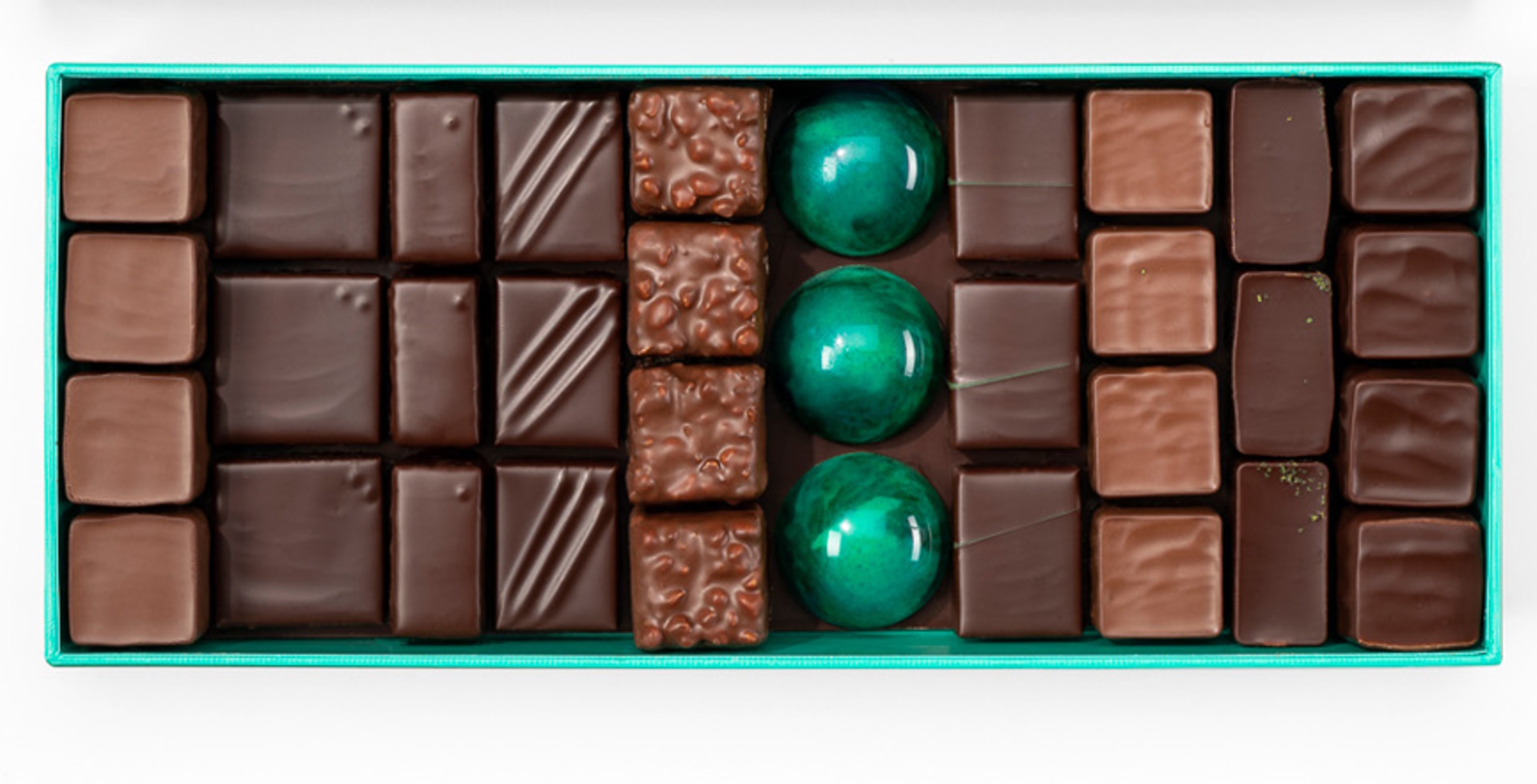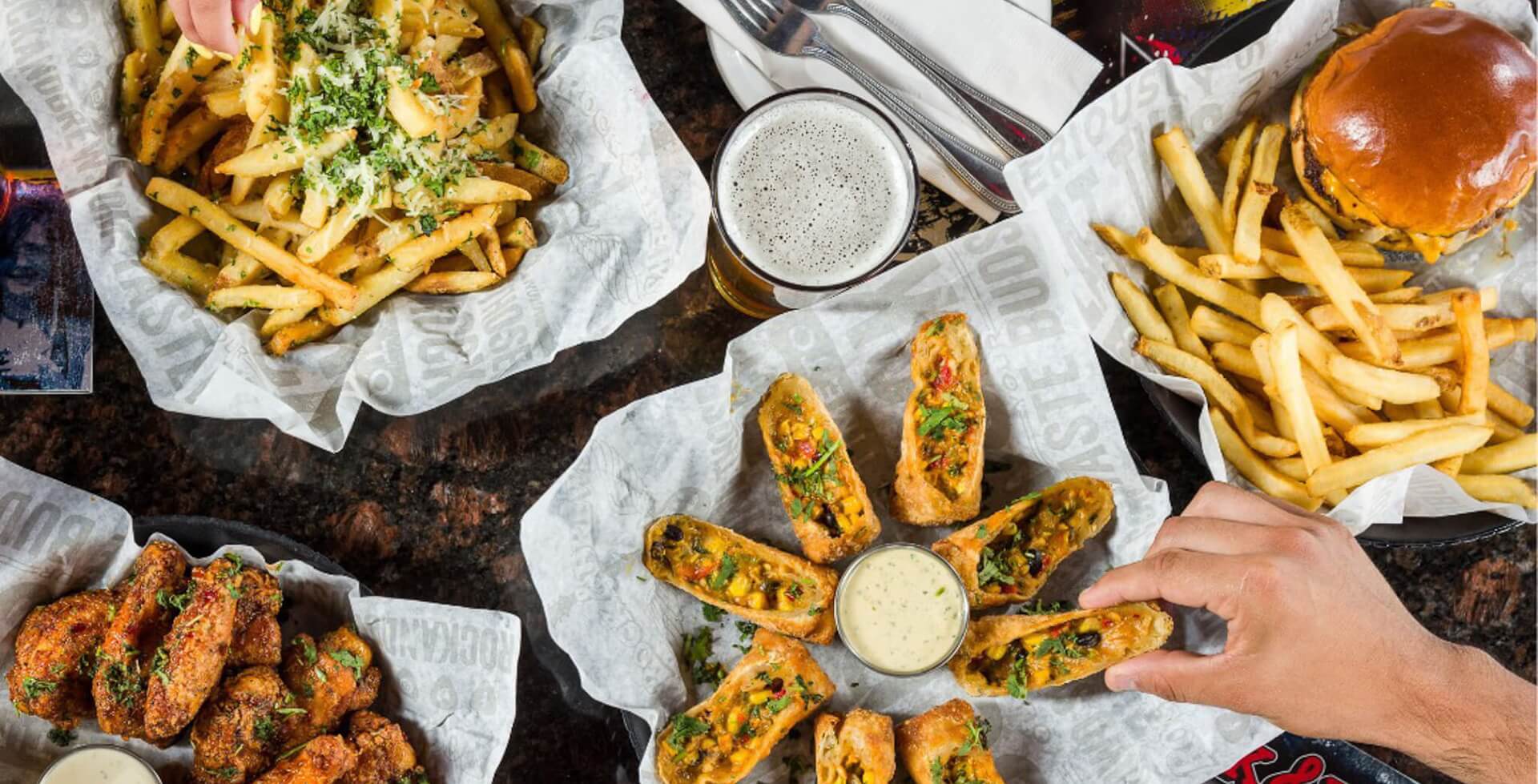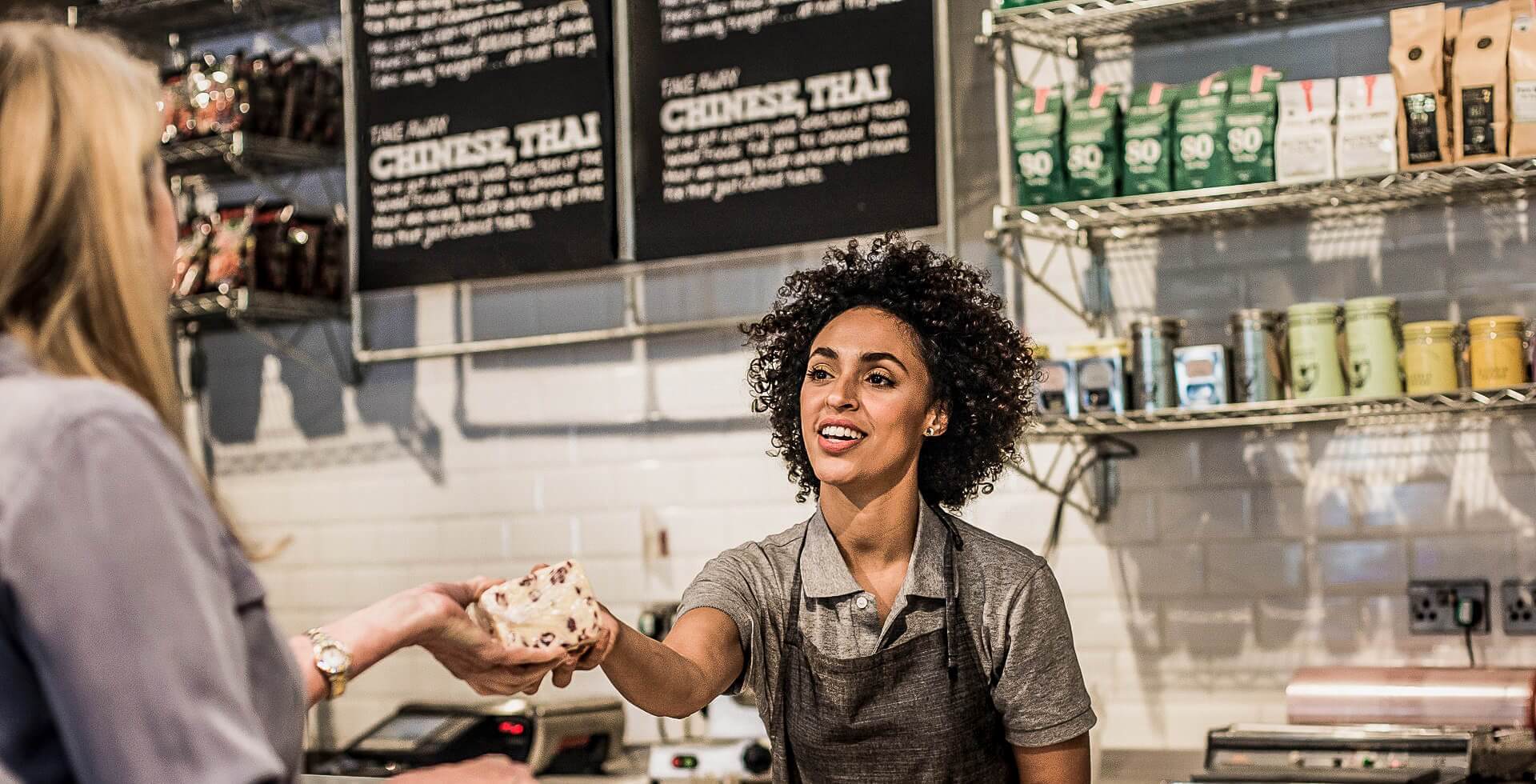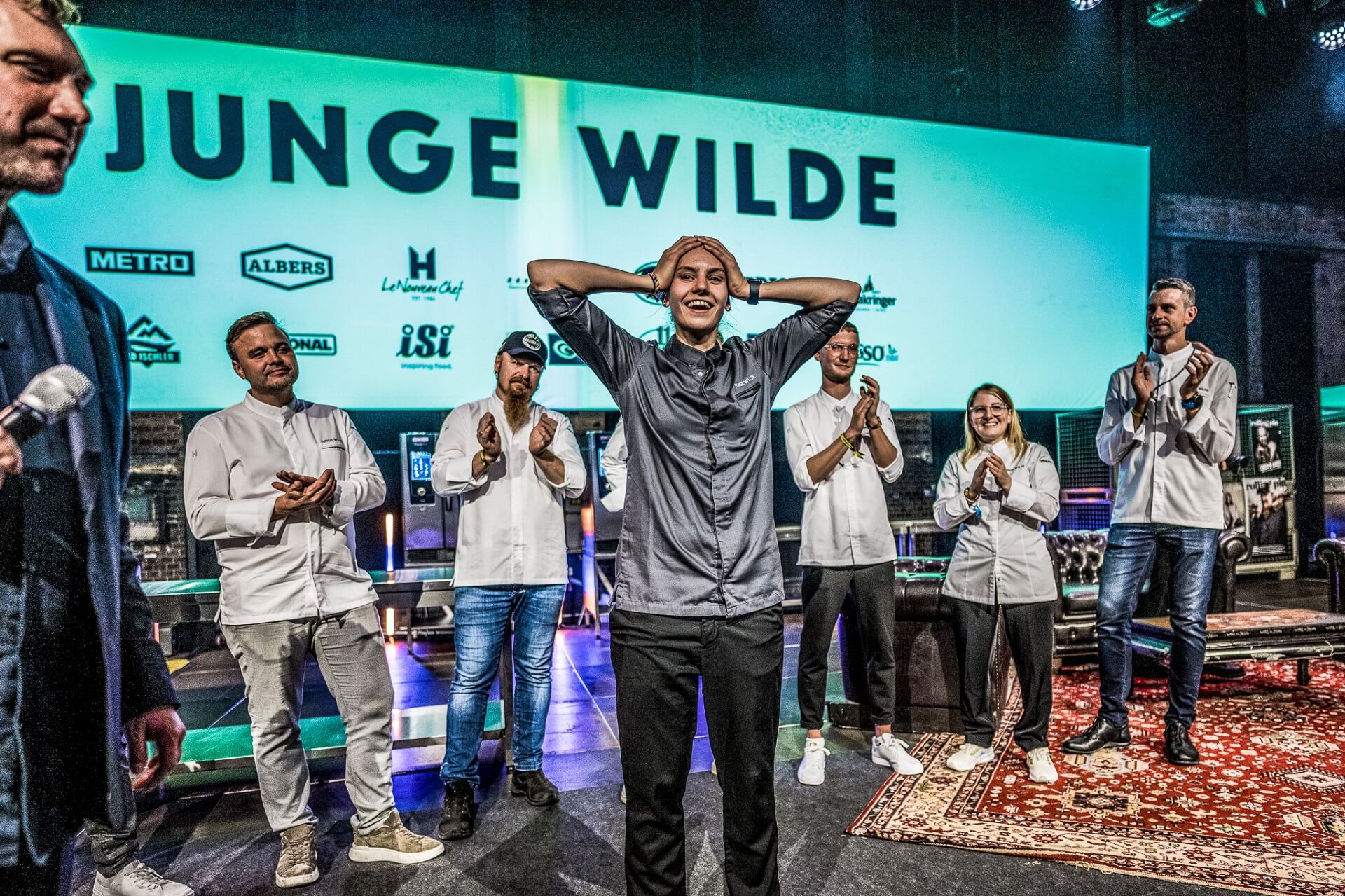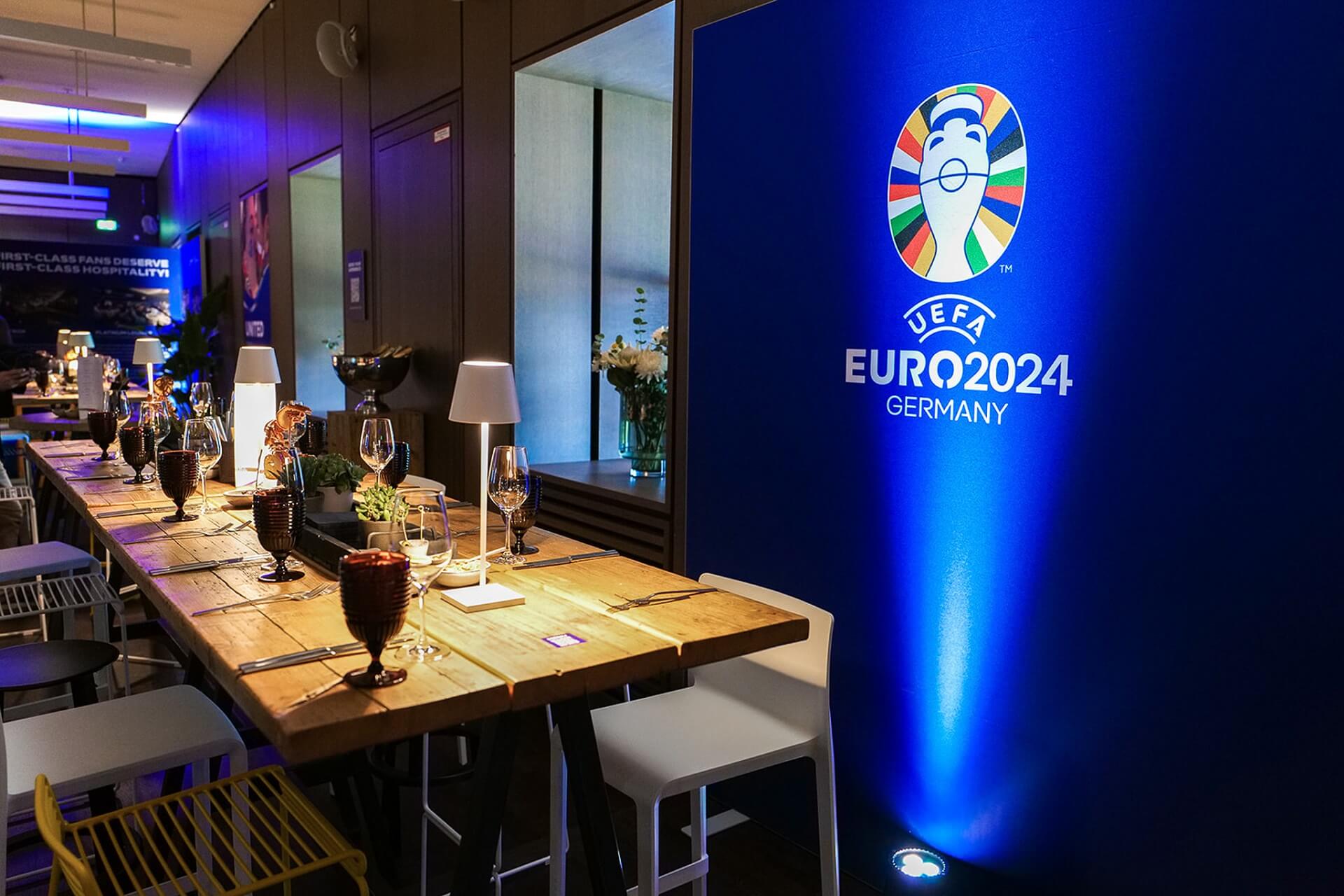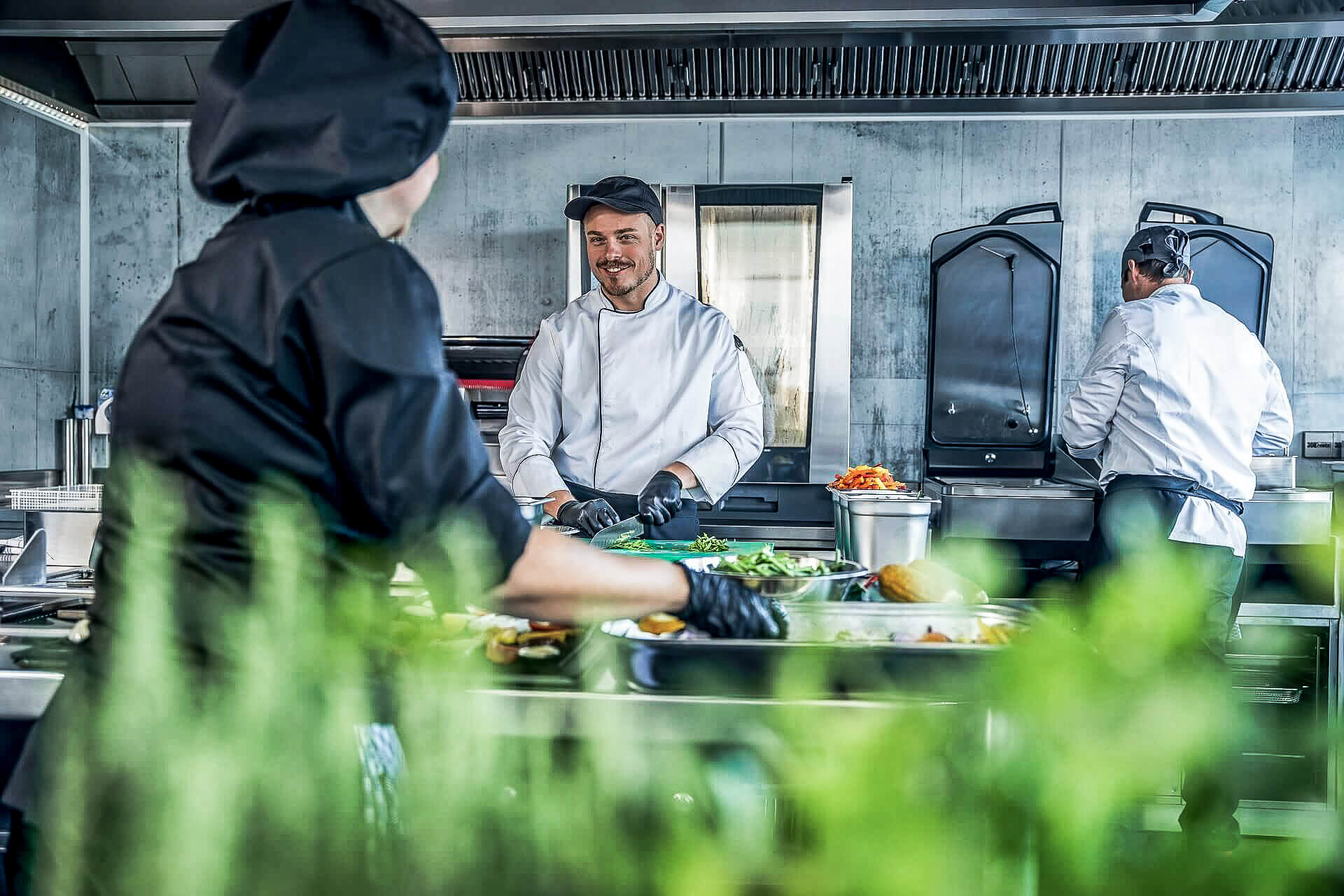One question, however, will definitely remain for many years to come. How has Corona changed the industry in the long term, and how will it continue to do so? This pandemic has not only directly affected gastronomy, it has also impacted us culturally and caused many rigid structures to collapse in a short period of time. For example, although home offices would have been an absolute no-go for many companies in 2019, many are now realizing the benefits. Hours-long meeting marathons, which even require travel in the worst case scenario, will become less common in the future. This brings us to the first indirect impact on the industry, which is big cities and those who travel there on business. Although this group will definitely be much smaller in the future, it will never die out entirely. Hotels that adapt quickly and embrace the spirit of the times will be able to cater to this target group. Fast, uncomplicated processes, contactless check-in and check-out, high-speed Internet – this is what the future in this segment might look like.
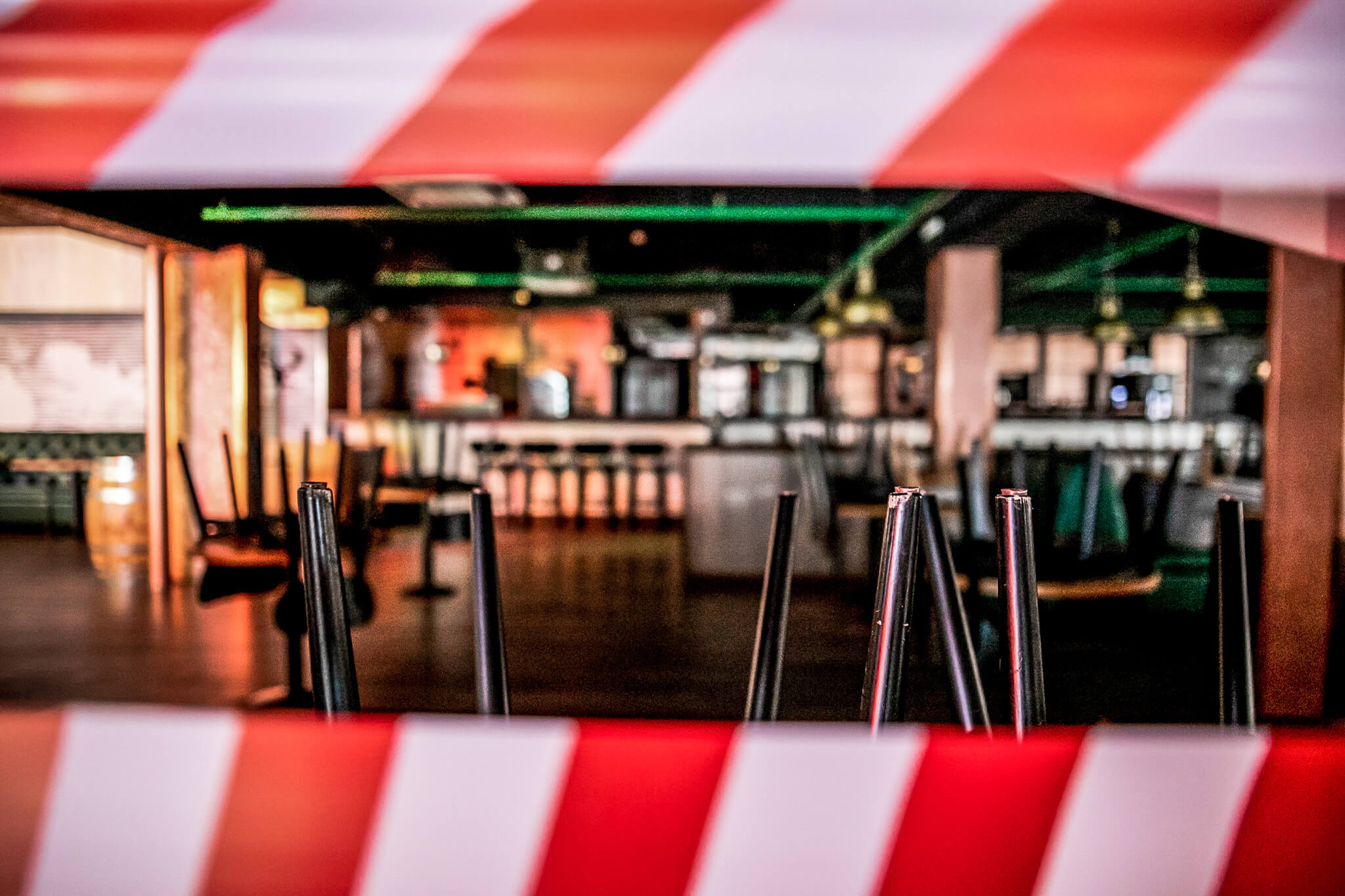
Image: AdobeStock | Семен Саливанчук
The situation is particularly precarious in major European cities. The normally overcrowded city centers in places like Vienna, Berlin, London or Paris almost look like a horror movie these days, with major sights like the Brandenburg Gate or the Eiffel Tower practically deserted. However, in this case, you can confidently count on the frequently mentioned herd immunity to make a difference. Unlike business travel, international city tourism is guaranteed to make a big comeback. If an effective vaccine hits the market as early as 2021, tourists will descend on our planet’s megacities like ravenous zombies. Nevertheless, spending capacity will definitely remain below average for some time yet, and this needs to be taken into account. Many will pinch every penny and only “treat” themselves to what is really necessary. What might this mean for the gastronomy industry? The large number of 1-star restaurants could especially bare the brunt here. Economic forecasts indicate that this segment in particular may lack a target group. Those in the higher-income middle class, who occasionally splurge on a nice dinner without any particular reason for doing so, will continue to suffer in the months ahead. High levels of unemployment and short-term work will continue to dominate the job market for some time to come. Please don’t take this the wrong way, we’re not trying to paint a doomsday scenario here; in fact, the opposite is true. Those who adapt in time to what is ahead will experience fewer problems as a result. After all, if the crisis has shown us one thing, it is the enormous cultural importance gastronomy holds for our society. Besides, let’s be honest now: the last few years almost bordered on culinary decadence. Sure, caviar, champagne and foie gras are unfortunately super cool, but –at least for a while – many guests will settle for less. In a way, this seems to be a natural development that has simply been accelerated by Corona. The keyword here is Bistronomy, in other words three to four courses, a bottle of wine and a bill that comes to 50 euros per person. This or something similar could define the magic monetary limit that will affect a wide range of guests, at least for the time being.
The luxury segment remains unaffected
Little will probably change in the absolute high-end sector. Those who could afford to fly from South Korea to Hamburg for a 3-star lunch before Corona will be able to do so again in the future. In this case, the crucial factor is and will remain (un)restricted personal travel. Obviously, location plays a huge role in this. Trends that were already evident in the summer will also be here in 2021. This means things should be remote and secluded with lots of green, but the sea is no longer an absolute must. What really matters is that there should be as few guests as possible. Whoever comes closest to this gastronomic perpetual motion machine will no doubt be the big winner. Money will not be a factor here, at least for a small but sophisticated target group.
In terms of convenience, Corona has also made sure that no stone is left unturned. Out of necessity, many businesses reinvented themselves in Corona times and relied on the last remaining bastion: delivery service. The concepts that were most successful were those that did not deliver conventional ready-made dishes, but rather kits that could be finished at home with instructions. Corona was the catalyst that help another similar segment really take off: the cloud kitchen. This is a restaurant with no seating that serves only one function, and this is delivery. This concept is 100 percent lockdown-proof and will continue to grow in the years to come.
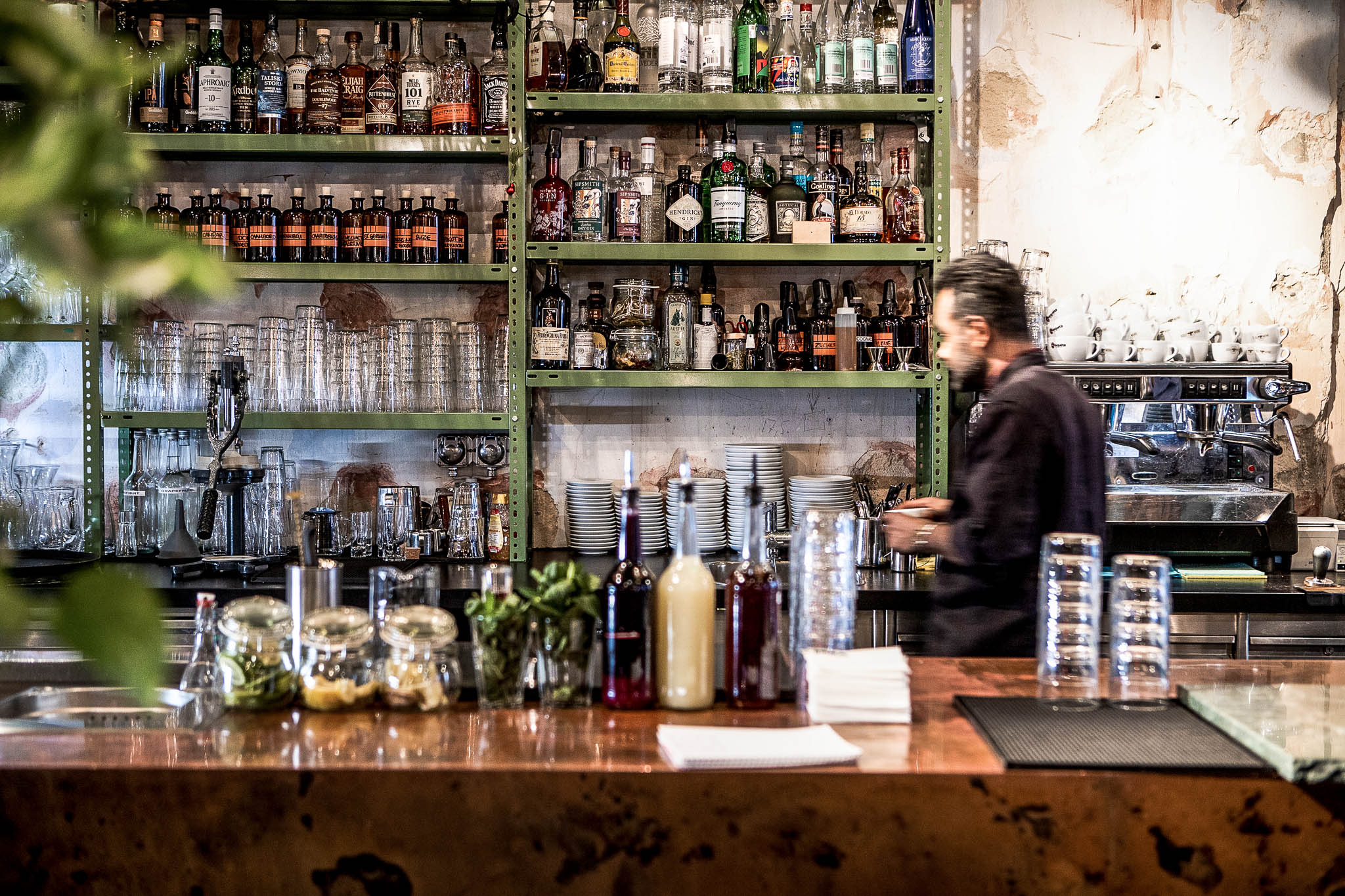
Image: Bar Shuka
Post-corona nightlife
Bars, on the other hand, have been among those who have lost out the most because of the crisis. Whether high-end or casual, the bars remained closed for most of the year. The good news is, in this case, too, a sense of normality will also someday return. However, the bad news is that it will leave many casualties in its wake. Whether Corona will have a lasting impact on gastronomic nightlife remains to be seen. Nevertheless, even before Corona, many bars had already focused on rethinking their approach– this included everything from the traditional bar to bistros with cocktail pairing. Dante in New York is a great example. At first glance, you’d never guess this place is currently number two on the World’s 50 Best Bars list. However, appearances can be deceptive. The hybrid of café, bistro and bar, including a private dining room, is booming in the Big Apple and proves that the days of the traditional bar are long gone. The skillful pairing of casual dining with a variety of cocktails was a huge hit right from the start and currently sets a new standard in the mixology scene.
All in all, the bottom line is as follows: No matter which gastronomic segment you’re talking about, Corona has dramatically accelerated the development of many new concepts, while simultaneously sweeping over many conventional concepts like an avalanche. And that is precisely why – now more than ever – entrepreneurial acumen coupled with the courage to embrace risk appears to be in demand. If Corona has taught us one thing, it’s that our planet is a much worse place to live without our beloved restaurants, bars, hotels, cafes and so on, and this can’t be knocked down by a virus.


